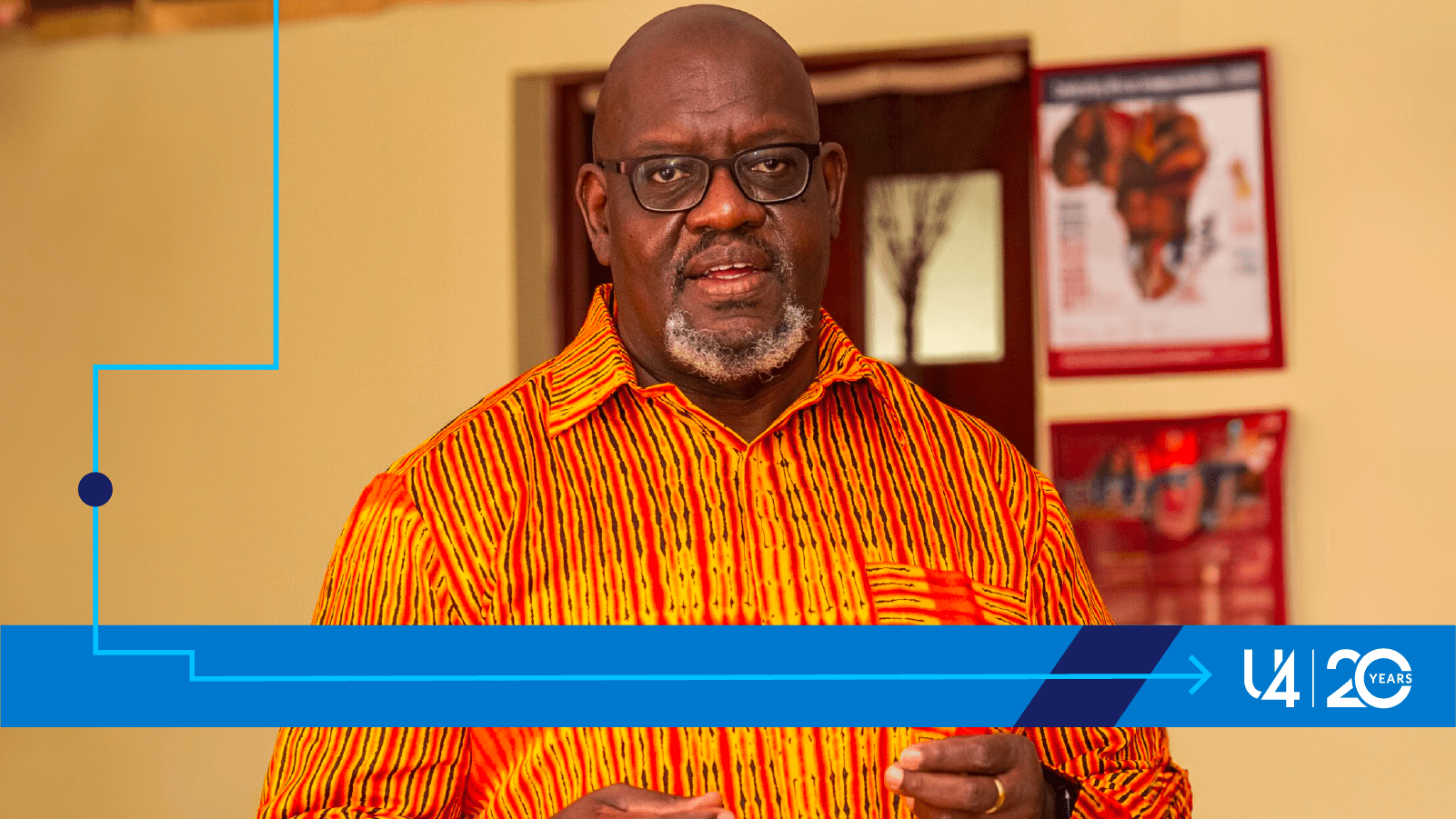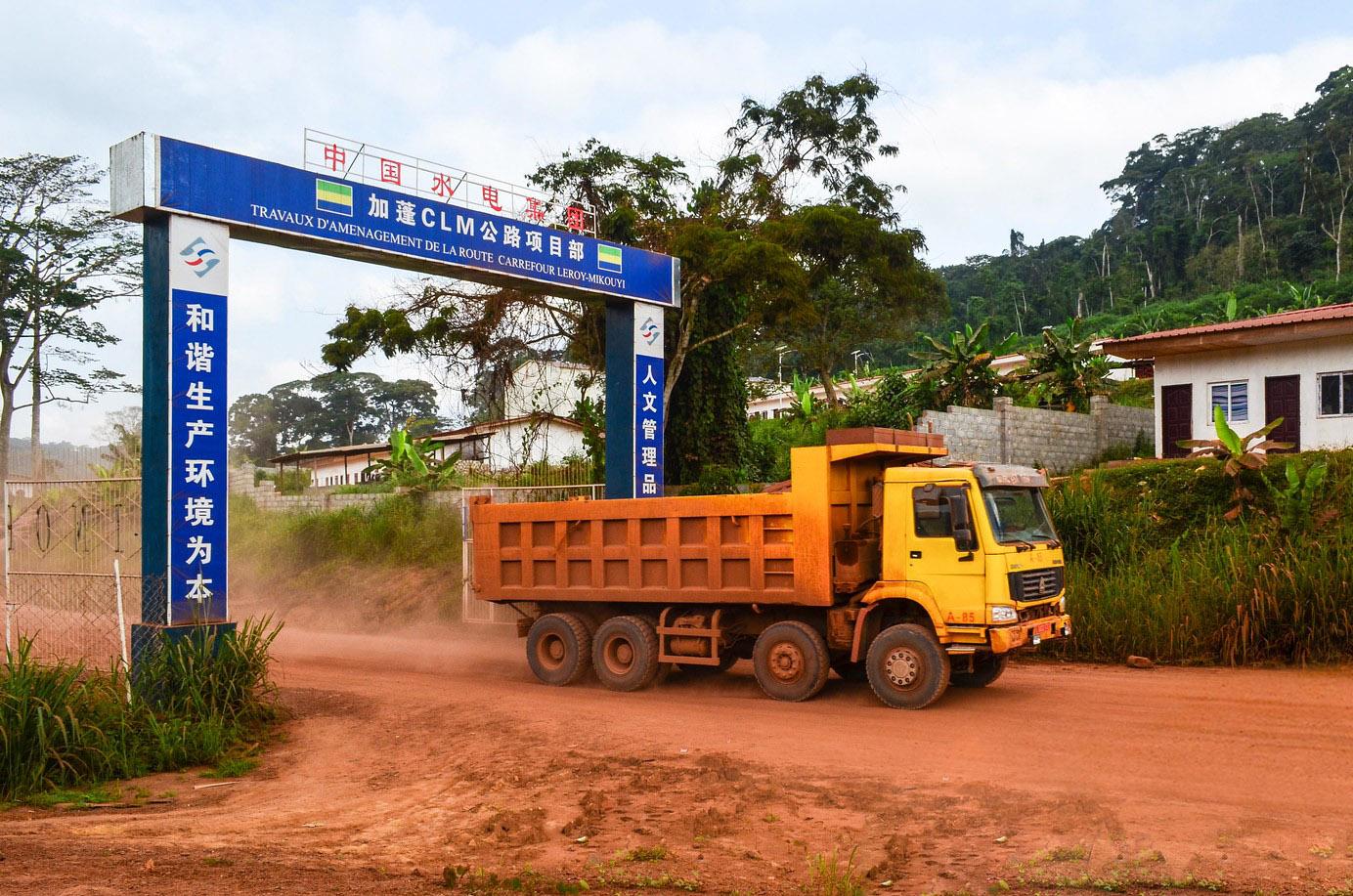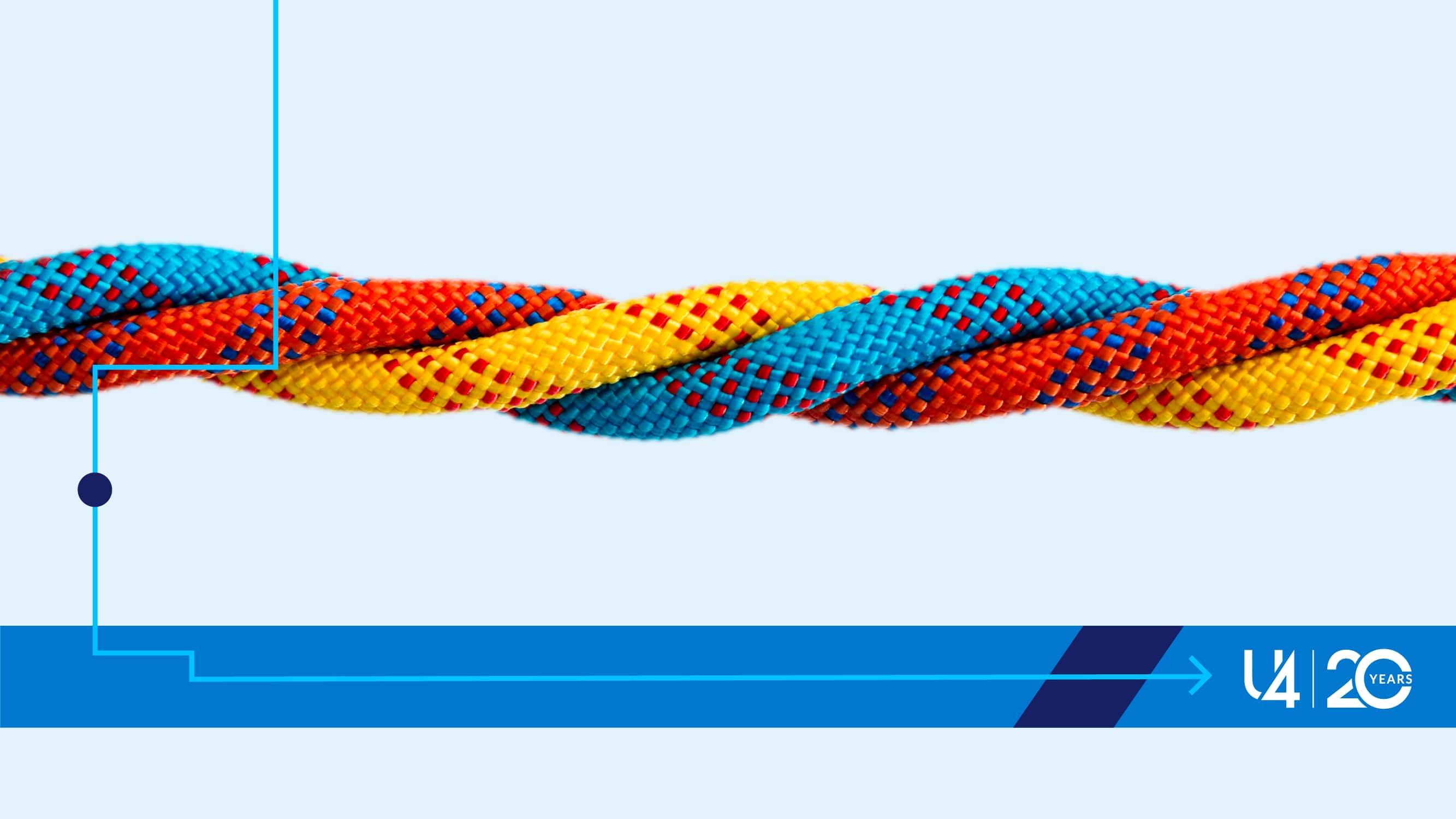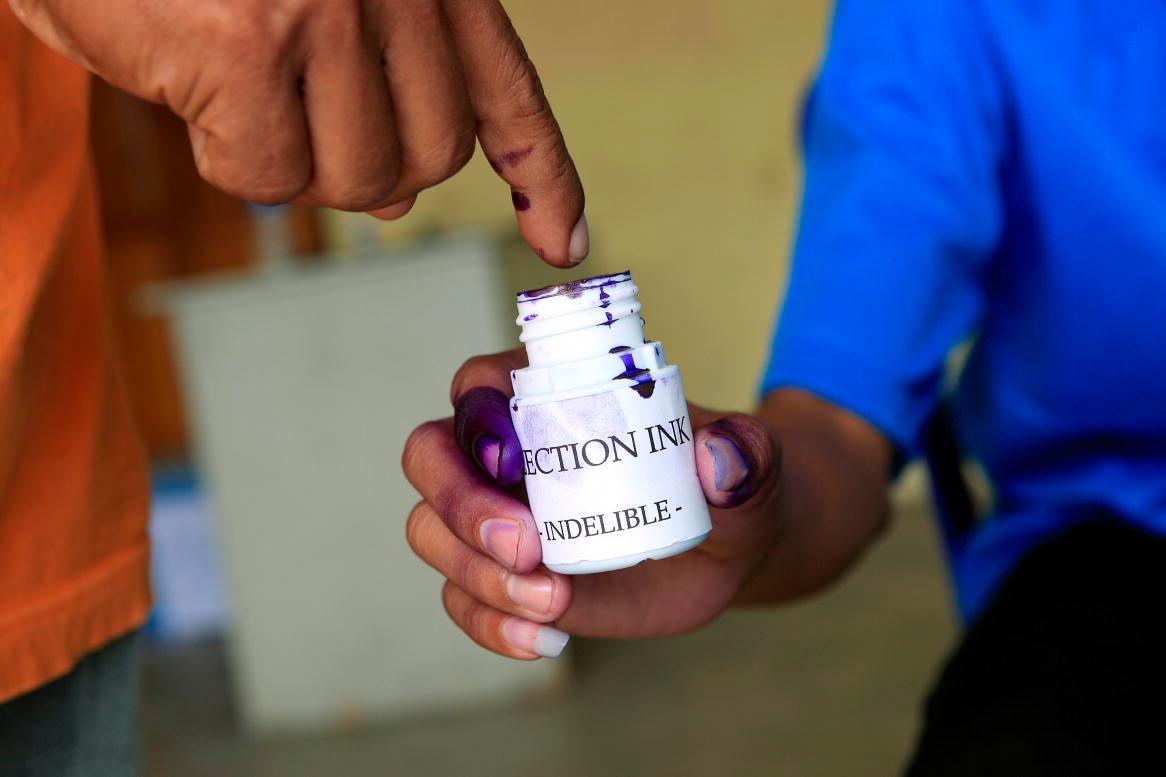Blog
Thirty years of anti-corruption: A personal reflection (part 2)

Discontent with democracy in Africa: What does it mean for anti-corruption?
In March 2023, the president of one of Africa’s most steady electoral democracies since the early 1990s – President Hakainde Hichilema of Zambia – argued in the Washington Post that, “[Y]ou can’t eat democracy. Human rights may sustain the spirit, but not the body. Particularly in young democracies like mine, governments must deliver economically if they are to retain the people’s consent.”
Indeed, it is one of the paradoxes of democracy in Africa that while greater democratic and economic freedoms have spurred growth and more open political systems with less fraught transitions, discontent with democracy has been rising among young people. The marked rise in youth unemployment since 2010 has also contributed to this. Given that Africa is the world’s youngest continent, this is an important reality that cannot be ignored. Ironically, this change has happened as attitudes regarding how democracy plays out have been darkening in the West as well. All this has taken place alongside major investment in the institutional and legal infrastructure, which has transformed anti-corruption work across Africa since the late 1990s. It is noteworthy then, that when 48,084 Africans in 34 countries were polled face-to-face by the respected Afrobarometer survey in 2019–2021, they not only expressed dissatisfaction with the way democracy was working, 60 percent of them felt corruption was worsening too. For me, this is perhaps the grimmest development of all: as the world has globalised and the volume of global trade grown, so too has corruption. It is also evident that as the sophistication with which graft takes place has grown, so too has the number, size, and complexity of financial centres world-wide willing to essentially launder the proceeds of corruption and crime.
Youth in Africa’s part of the Global South are frustrated. The growing embrace of the term ‘Global South’ itself is indicative of a fledgling consciousness, which is also expressed by the BRICS grouping, for example, that has grown irresistibly in the developing world’s public imagination into the most significant assembling since the Non-Aligned Movement (NAM). Younger Africans in particular are so filled with discontent at the limitations of democracy – and the democratic freedoms that they now take for granted – that the ongoing rash of coups across the Sahel and West Africa appear to enjoy broad support among Africans who are online and below the age of 40. And yet, those who are dissatisfied with democracy seem to believe it remains the most viable system of governance in Africa. This suggests a challenge that is more tied up with the contradiction between their lived experience and the vision articulated in discourses on democracy, as well as increasing negativity in their candid assessments of Western hypocrisy when it comes to human rights and global geopolitics. Alternatives to Western discourses are also more prevalent in the public sphere, bolstered in some cases by significant actors who have vested interests in encouraging this alienation. The resulting deep scepticism towards causes associated with the West requires a rethinking of how we approach and sustain the anti-corruption agenda across the world.
Challenges for civil society
This brave new world has become more dangerous and unfriendly for non-Western actors in anti-corruption work, just as it has for the rest of those involved in the promotion of individual rights – especially for civil society and media. This is particularly true for those leading the work in countries with more closed regimes, where a deep mistrust of ‘foreign’ and ‘foreign-funded’ institutions leaves them particularly vulnerable as there tends to be greater reliance on external resources. The ‘War On Terror’ and the COVID-19 pandemic provided an enabling climate for a raft of new legislation that deepens the repression of media and civil society. Some countries have experienced the rolling back of the hard-won freedoms that had come into force after the fall of the Berlin Wall three decades ago. Looking back over these last 30 years, it is sobering to measure the euphoria and heady expectations of that historic moment against the progress made. Not only has corruption not gone away, but some argue that it has worsened. Coups against leaders perceived to be corrupt are once again taking place. Social inequality has manifestly deepened, and the realisation that corruption among elites has intensified the misery of the majority has in turn catalysed public discontent, leading to growing political instability in some parts of the world. The return of coups to Africa and the fact that most young Africans are primarily concerned with unemployment and economic mismanagement, presents both risks and opportunities for those engaged in the fight against corruption.
Another important factor driving the discourse in the Global South is the question of debt. How local elites – influenced by their global counterparts – manage or mismanage the debt crisis unfolding for many countries is receiving nuanced attention not only in the policy sphere but also in public discourse. There is growing awareness and frustration with the deeply unfair design of the global financial system and its favourable tilt towards the interests of the Global North. This is catalysing new coalitions of interests and a discernible shift in geopolitics that makes the world we inhabit in the 2020s completely different from the historical moment of the 1990s, when the global agenda for anti-corruption as we know it was largely designed. I believe we must rise to the challenge of defining and shaping the global anti-corruption agenda for the present moment.
The future of anti-corruption in a changing world
We must accept that the anti-corruption rhetoric of moral exhortations against venal leaders that was so strong in the early 1990s is no longer working in the twenty-first century. That does not mean that the case for accountability is no longer relevant. However, the legitimacy of the anti-corruption agenda going forward depends on the ability of activists and practitioners to make a more compelling connection to solving the very real livelihood issues – such as unemployment, economic mismanagement, and the debt crisis – that populations across the world are most deeply invested in. Having laid the foundation in terms of supporting legislation and policies that have not only amplified the importance of the anti-corruption agenda but also put in place the frameworks for anti-corruption institutions, I believe we now need to invest in creating and sustaining the political goodwill to make these effective. This work cannot only happen on the national level; it must come hand-in-hand with a reform of the global political and financial systems. This means fighting for a comprehensive and meaningful redesign of the global financial system for greater equity, reducing the temptation among leaders to profit from, exploit or illegally navigate their way around these contradictions. It also means creating a more equitable geopolitical framework: one that allows greater accountability across the nations of the world, removing the proverbial fig leaf that enables global superpowers and their allies to manipulate accountability frameworks to their advantage. Unless we do so, we will see a continuation of the enabling toxic environment for corruption and gross human rights abuses that has resisted meaningful transformation even after the revolutionary disruption of the 1990s.
For me, 30 years down the road, this means working towards a new agenda for the global anti-corruption movement that brings the Rest into conversation with the West as equal partners, and investing in the priorities and approaches emerging from all parts of the world that make tangible a renewed commitment to a vision of a more safe, secure and corruption-free world.
Read part 1 of John Githongo’s blog:
Thirty years of anti-corruption: A personal reflection
John Githongo is publisher of theelephant.info and chair of Transparency International’s International Council. The views contained here are his own.
Disclaimer
All views in this text are the author(s)’, and may differ from the U4 partner agencies’ policies.
This work is licenced under a Creative Commons Attribution-NonCommercial-NoDerivatives 4.0 International licence (CC BY-NC-ND 4.0)


